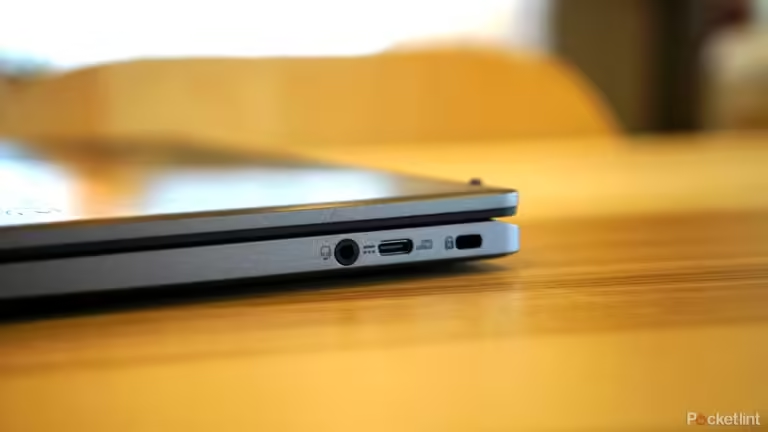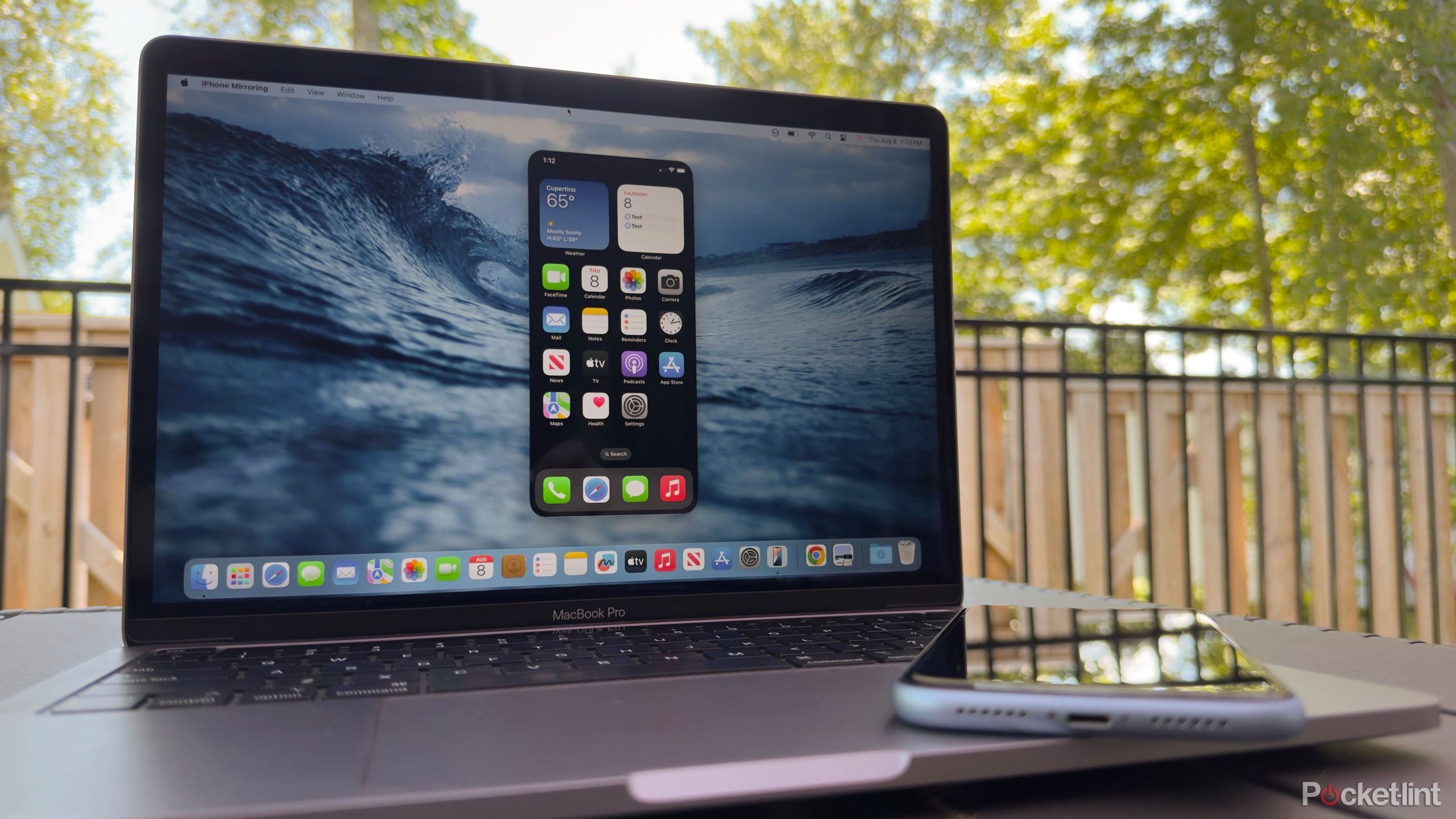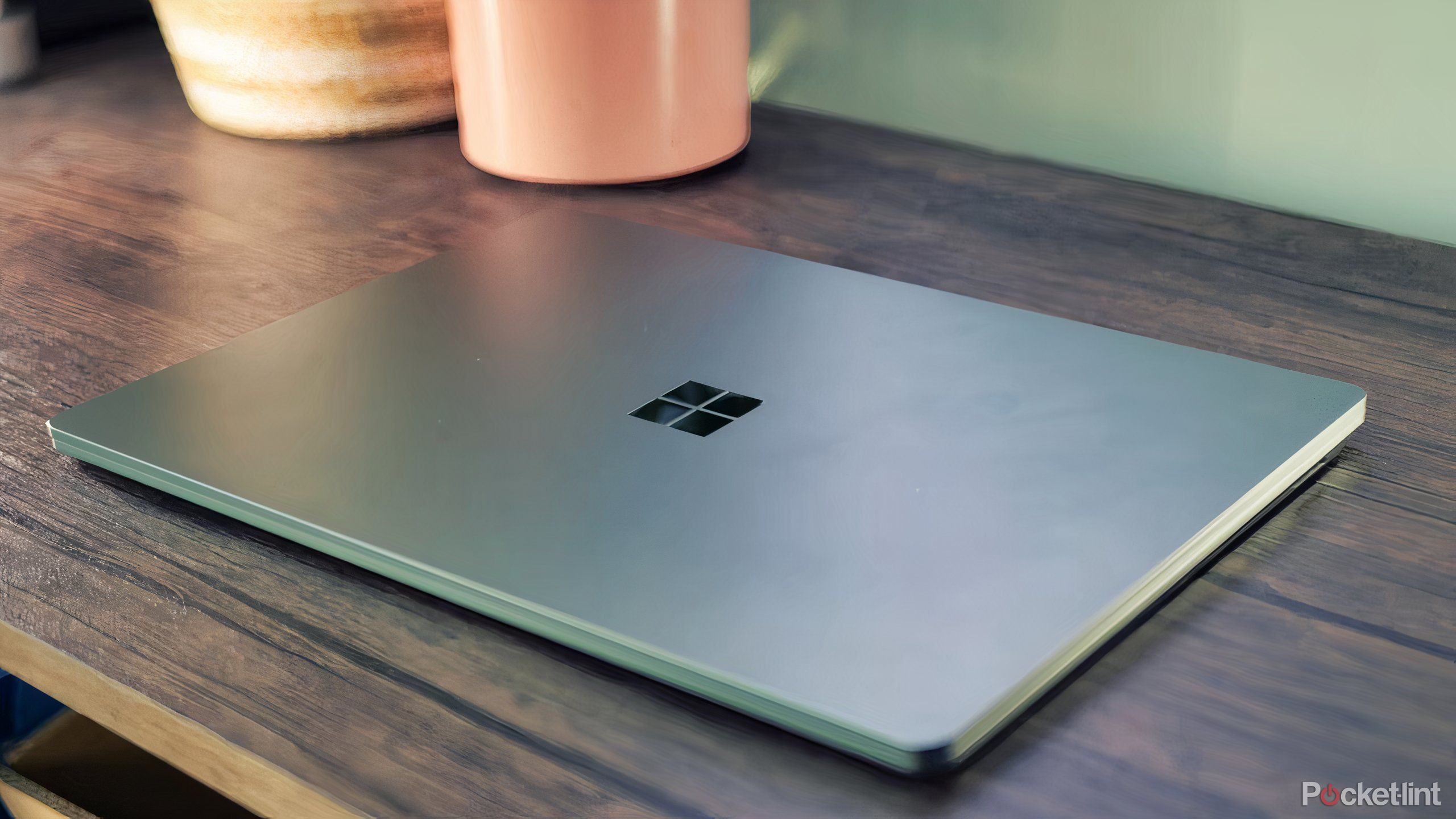Key Takeaways
- Chromebooks run ChromeOS, which is primarily online-based and not compatible with Mac or Windows apps.
- It also has lower specs than most laptops, but in return it costs less.
- Most shoppers should opt for a regular laptop for better performance and flexibility.
You’d be forgiven for thinking that Chromebooks are just like any other laptop, except for the label: They look exactly the same, and they come from many of the PC brands we’re used to, including Acer, ASUS, and HP. In fact, Google’s Chrome browser is synonymous with the web for many people, even on machines that come preloaded with Microsoft Edge or Apple Safari.
In reality, there are some key differences: You shouldn’t automatically buy a Chromebook just because it’s the cheapest machine on the store: While a Chromebook may offer great savings, it could also leave you thoroughly disappointed if your expectations aren’t kept in check.
Software Differences
Maximum deviation
While most laptops run a version of either Windows or macOS, Chromebooks run Google’s ChromeOS. There is an open-source variant called ChromiumOS, but you probably won’t find it on machines sold at retail stores. ChromeOS is actually built on ChromiumOS.
These names, of course, refer to Google’s Chrome browser, which is at the heart of the platform and underpins much of the framework. Chromebooks are built to be used online: some apps work without an internet connection, but most functionality relies on the web. The tradeoff is that Chromebooks are very “lightweight” and require relatively low specs to boot up quickly and run smoothly.
Chromebooks are built to be used online.
How is using a Chromebook different from using a regular laptop?
ChromeOS has a similar interface to Windows and macOS, but it is unique and may take some time to get used to. In fact, there is a strong focus these days on downloading Android apps from the Google Play Store. It may seem odd, but it’s great for gaming. You can play famous titles like Minecraft, Limbo, Stardew Valley, and more. We’ll talk more about gaming in the next section.
The advantage of Google’s approach is centralized management, and because so much of the ChromeOS experience is primarily web-based, it’s often easier for schools and businesses to deploy Chromebooks than regular laptops.
 Hardware Differences
Hardware Differences
Chromebooks have the same basic components as most laptops, including a CPU, RAM, local storage, and a built-in keyboard. Depending on the model, they may or may not have features like an SD card slot or a touchscreen. Many models have displays that flip or rotate, although this is not a format-specific feature.
Chromebooks have never been able to accommodate Windows games, even if there was a way to run them on the device.
Lower specs are often involved. ChromeOS doesn’t require as much power to run, so scaling back processor and memory technologies helps keep Chromebooks costs low. The AMD or Intel chips used tend to focus on energy efficiency over speed, and you may also encounter mobile-focused chip brands like MediaTek. RAM is often limited to 8GB or 4GB, though 16GB is the norm on Windows laptops. Internal storage is likely to be between 64-256GB, so you won’t accumulate large apps or media libraries.
Don’t believe the gaming Chromebook hype
Sega / Creative Assembly
Gaming is a sore point. Chromebooks can run Android games, but they can’t play many of the titles available on Windows laptops. This isn’t just an issue of OS compatibility: weak CPUs, low RAM, and no dedicated GPUs mean that Chromebooks just can’t keep up, even if Windows virtualization was perfect.
There are “gaming” Chromebooks out there, and while they do have some improved specs, they’re still centered around cloud services like Xbox Cloud Gaming and GeForce Now. If you’re familiar with these services, you know they cost a monthly subscription fee and rely on a stable internet connection. Congestion or a weak signal can cause unplayable input lag, and you probably won’t be playing fast-paced multiplayer shooters.
Cloud games run on remote servers, locally you will only see video that accepts keyboard/controller input.
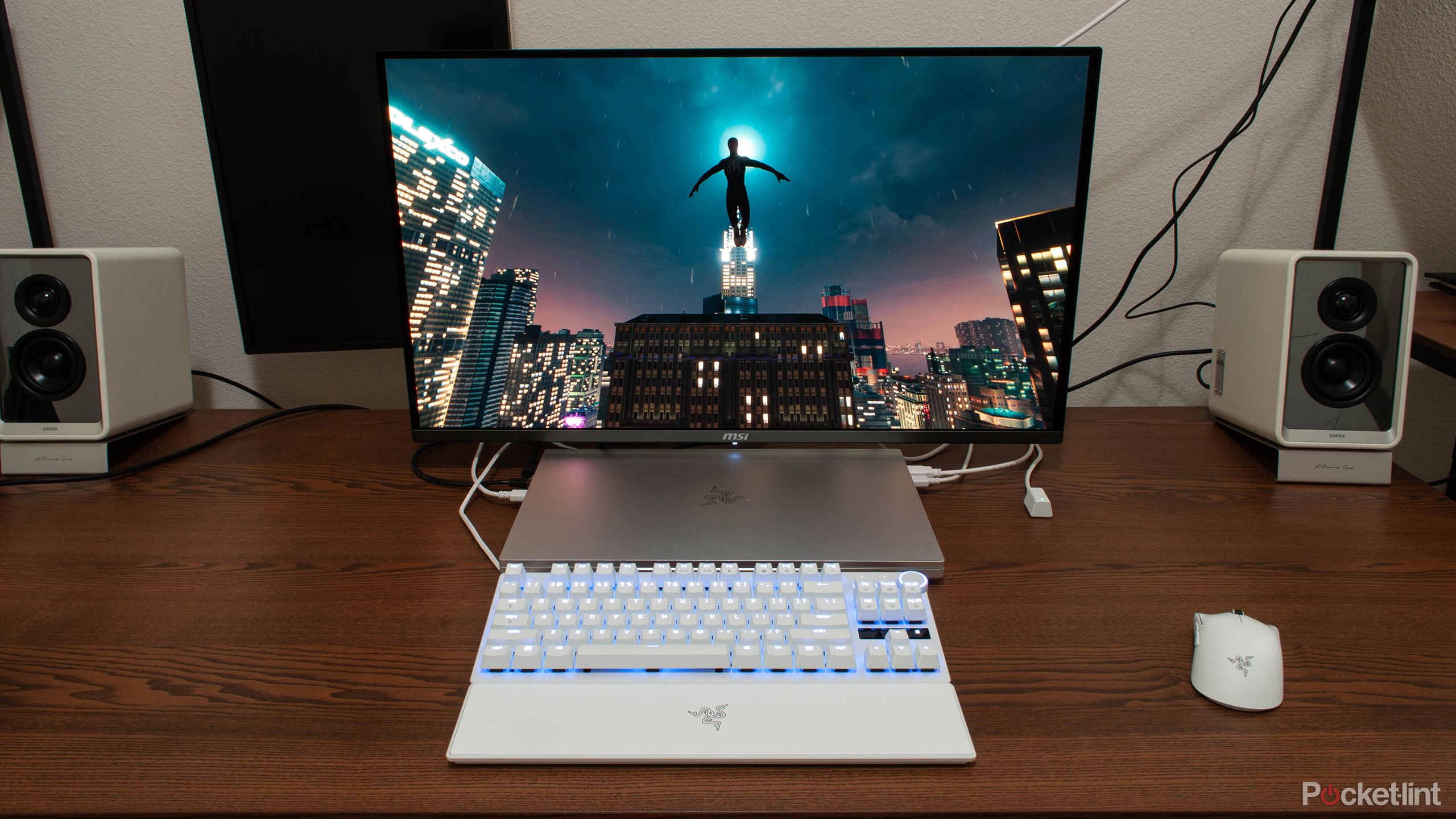 Should I buy a Chromebook or a laptop?
Should I buy a Chromebook or a laptop?
Most people should stick with a Windows or Mac-based laptop. They’ll cost more, but the performance and flexibility are often well worth it, even for people with more moderate computing demands. If you’re an avid PC gamer or a professional doing tasks like video editing, audio production, or 3D modeling, you shouldn’t even consider a Chromebook. In that case, you’ll need both more power and a platform that app developers actually support.
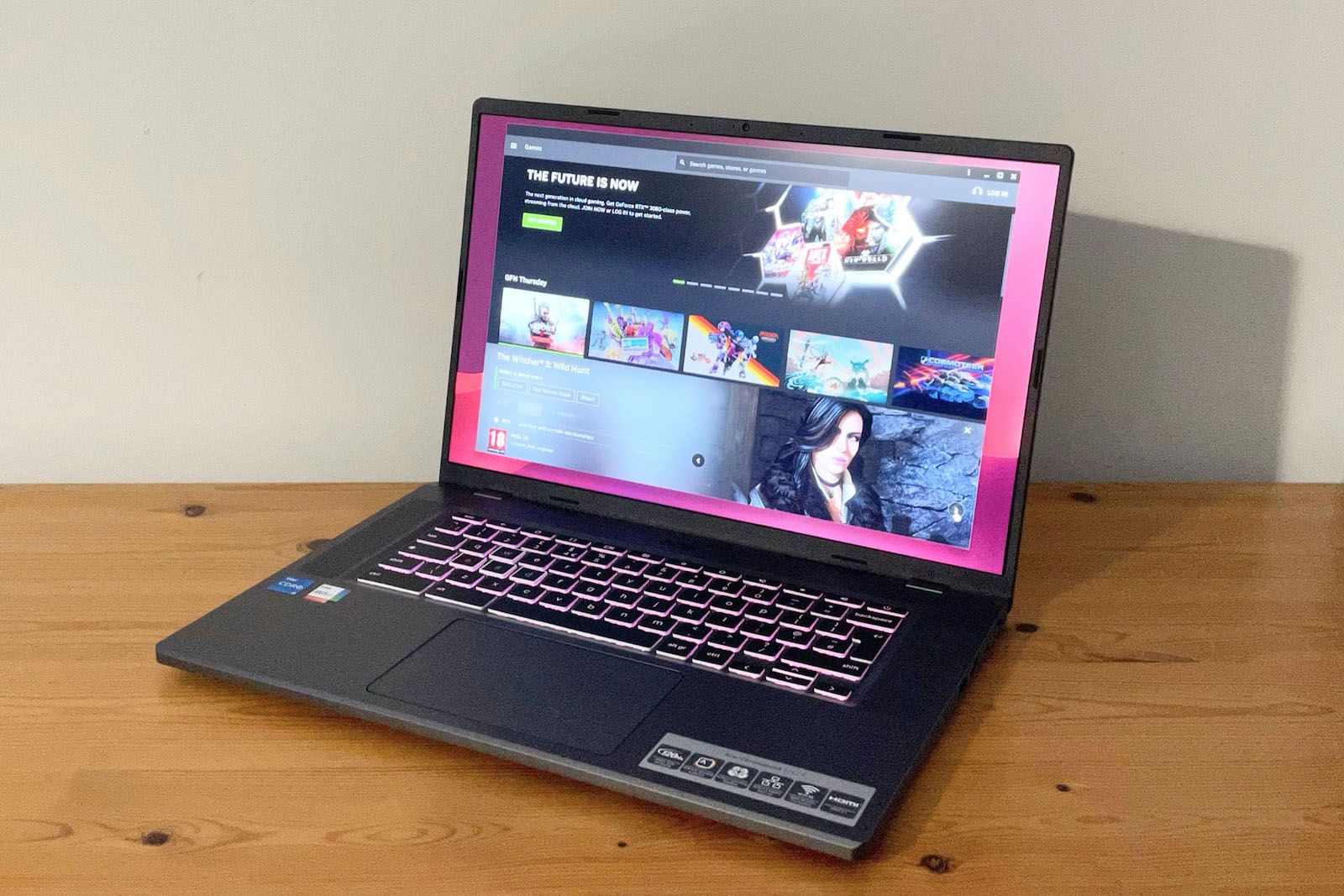
You should only consider a Chromebook if most (if not all) of what you want to do involves the web. For example, if you spend most of your work time using Gmail and a dedicated work portal, switching to personal browsing and video streaming in the evening, you probably won’t get much benefit from something like a MacBook Air, let alone a giant gaming rig from Lenovo or Razer. Depending on its build quality, a Chromebook may last you longer because you’re not asking as much of it in the first place.

